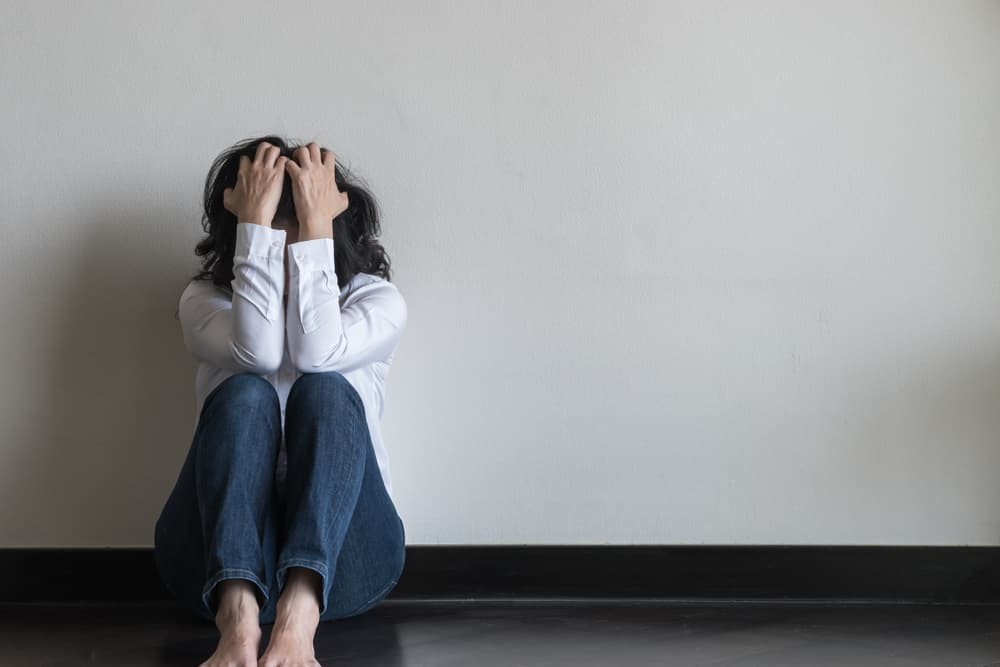
A growing number of health professionals believe that stress is one of the main causes of disease and illness. While their role has not been clearly defined in life-threatening ailments like certain cancers and degenerative diseases, many health professionals still include different types of relaxation techniques in their patients' preventive or treatment plans.
Aside from preventing diseases like hypertension, coronary heart disease and certain cancers, relaxation techniques are also used to treat common physical health conditions like headache, fatigue and low-back pain. These methods are non-invasive, non-chemical and safer alternatives to painkillers and anti-inflammatory medicines.
Yoga
Regular practice of yoga can help reduce stress levels because it allows you to slow down and focus on the moment, while also building strength and flexibility. Yoga comes in various styles, forms and intensities, the most common of which is known as hatha yoga. It involves poses and breathing exercises that promote relaxation and a feeling of wellness. Each pose affects specific body parts and muscles, stretching and strengthening them. It also involves a mindful breathing technique that aims to restore vital energy to your body. Moreover, when you focus on breathing, you divert your attention from stressful thoughts. You may learn how to practise yoga by joining yoga classes or by following an instructional video on yoga. You can even try doing online yoga.
Deep breathing
Abdominal breathing is an effective way of alleviating physical and mental stress, inducing deep relaxation. Diaphragmatic breathing allows you to take in more oxygen, hence diffusing tension in your body and allowing you to experience less shortness of breath. Practise deep breathing exercises anytime and anywhere you need to calm down and relax. To do this, you should sit comfortably on a chair and take a deep breath through your nose. Breathe deeply and feel your abdomen rise as you inhale through your nose. Exhale through your mouth by pushing out as much air as you can while contracting your abdominal muscles. Continue by breathing in and out and minding how your stomach rises and falls as you breathe.
Source: DeStressMonday.org
Massage therapy
Massage is an effective stress management technique that improves blood flow, releases muscle tension and lowers blood pressure. Treat yourself to a massage at the end of a long day and experience stress melt away as your muscles are gently kneaded. Your body reacts to stress by tightening the muscles in your upper body, usually around the neck and shoulders. When too much tension has already accumulated in your shoulders, the pain may radiate upwards causing headaches and migraine. You may feel sore around your shoulders as though you have lifted heavy objects with your arms. There are many types of massage therapies to choose from, the most common are Shiatsu, Swedish and Thai massage. While getting a massage at a spa is best, you may also do self-massage during a break at the office or at home. Simple techniques involve applying gentle pressure in circular motions on common stress points such as the scalp, the shoulder muscle and the nose bridge.
Meditation
Originally practiced for thousands of years as a means to understand the mystical forces of life, meditation is widely used in modern living as a stress reduction method because it produces a deep state of relaxation and a sense of calm. A key component of meditation is mindfulness where you train your mind to focus on the present without analysing the situation. As mindfulness meditation lets you rest and relax away from the source of stress, it improves your stress response. A meditation session affects many parts of the brain that control your emotional and physiological responses to stressful situations, improving your ability to remain calm. There are different forms of meditation, such as transcendental meditation and loving-kindness meditation, which you can learn from a certified meditation instructor or using a guided video or audio presentation.
Aromatherapy
Aromatherapy is a relaxation technique that helps you relax by filling your environment with the calming scents of essential oils. Studies have shown that it reduces stress hormones and stimulates the body's natural relaxation response. Aromatherapy can be enjoyed with an air diffuser or by adding aromatic essential oils to your bath. A warm bath in the evening helps to activate the relaxation response in the body, even more so if you add lavender oil to your bath for that extra soothing effect.
Stress is part of everyday life but including these relaxation techniques into your healthy lifestyle can be extremely beneficial. It will mitigate the effects of stress, boost your energy levels and increase your enjoyment of life.
Originally published on Nov 15, 2019








